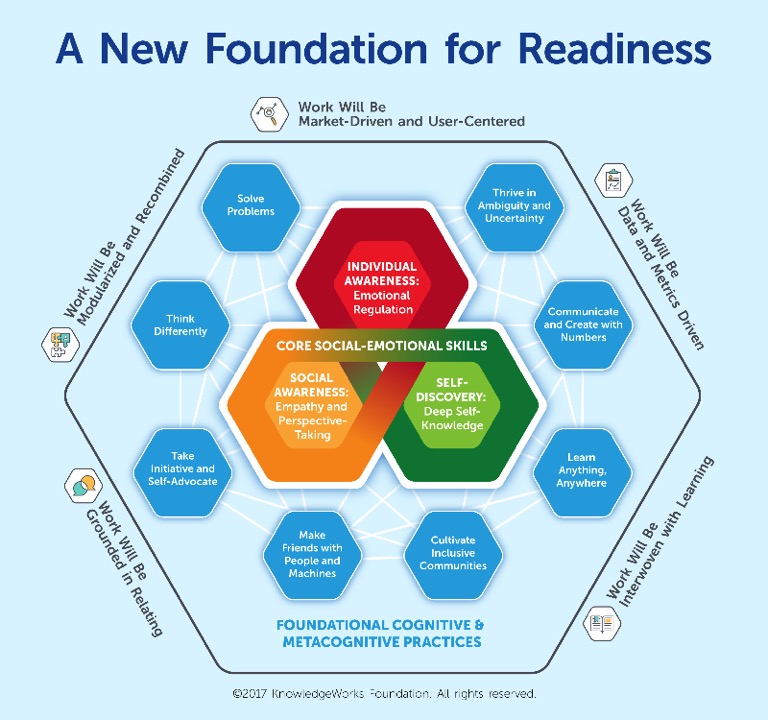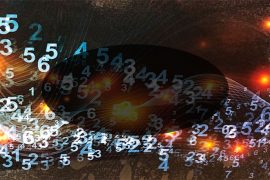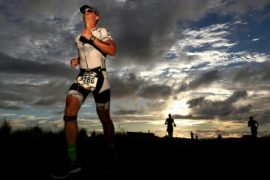By Katherine Prince
Continuous learning, cultural awareness, change expertise, adaptable and effective communication and the ability to learn from failure. These are just some of the capabilities that participants in KnowledgeWorks’ convenings on the future of work identified as being important for graduates. Finding resources to solve problems, time and project management, reflective leadership and a sense of responsibility to the broader community also promised to help all young people thrive no matter what future of work emerges.
That question – what future of work will emerge – is unanswerable, making it critical to help young people, along with other education and employment stakeholders, plan for multiple possible futures. From today’s vantage point, we can identify two critical drivers of change shaping the future of readiness for further learning, work and life: the rise of smart machines and the decline of full-time employment. But we cannot yet know what extent of technological unemployment we will face or how much support individuals will have in navigating the changing employment landscape.
A New Foundation for Readiness
In the face of such uncertainties, stakeholders need to help people develop our uniquely human attributes along with developing flexible skills that we can apply across settings. Putting social-emotional skill development at the center of learning promises to help individuals develop the foundation necessary to navigate uncertainty throughout their lives. The new foundation for readiness shown below illustrates how redefining readiness from the inside out – focusing on human development rather than attempting to prepare learners for any particular future of work – can provide a platform for future success.

This new foundation for readiness is grounded in the human qualities that are most central to our relationships with one another and which are most difficult to code. Social-emotional skill development will need to be supported in integrated ways alongside the mastery of content and the application of skills and knowledge to specific contexts. Education institutions will need to balance supporting learners in preparing for their first-careers while also helping them develop the adaptability and resilience needed to navigate the changing economy and the ways of thinking necessary to address complex problems.
Flipping Education’s Focus
Establishing a new focus on feeling and relating will help education institutions and systems align with a future of readiness in which foundational skills and practices will be more important and enduring than specific content or job- and task-related skills.
For K-12 education, flipping the focus of learning to whole-person development could mean that:
- Curriculum needs to be inverted, with core social-emotional competencies shaping the design of inquiry projects and the school and classroom rituals that anchor the learning climate and culture.
- Students need to be grouped in new ways to follow flexible learning pathways.
- Classrooms need to become more fluid and open, enabling new ways of structuring learning.
- School schedules need to be transformed to allow for more interdisciplinary collaboration, deep reflection, and personalized learning.
- Educators’ roles need to be reconfigured to focus less on content or grade specialization and more on foundational skills and practices, as well as on interdisciplinary, phenomenological or challenge-based learning.
- Community partners need to become key assets for introducing new kinds of learning experiences that stretch students’ comfort zones and expand their aspirations.
- K-12 schools and districts need to explore where and when it may be more appropriate for them to serve as brokers, rather than direct providers, of learning experiences.
At the postsecondary level, institutions might need to:
- Focus more on supporting deep personal development as well as context- and discipline-specific skills and knowledge.
- Diversify offerings and business models, with a multitude of formats and structures engaging learners and increasing access.
- Contribute to student-driven and student-designed ecosystems of support that evolve over time and reflect students’ strengths, weaknesses, and needs.
- Help students plan for both their careers and their lives and respond to changing conditions.
- Enable learners to weave in and out of learning experiences as their career development needs dictate.
- Collaborate more extensively with workplace partners.
- Shift the focus of faculty professional development toward supporting students’ development of foundational skills and practices and attaining ongoing learning related to relevant workplace skills.
Strategies for Redefining Readiness
Do you find these posts helpful and informative? Please CLICK HERE to help keep us going!



